- Home/
- Pics: From India To US, UK To Russia- 2024 A Year Of Elections
Pics: From India To US, UK To Russia- 2024 A Year Of Elections

2024 was not just an election year. It was the biggest election year in human history, with nearly half the world's population voting to determine their political, social and economic landscape. Rattled by rising inflation, frustrated over cultural fractures and divided by political ideologies, voters in over 60 countries sent decisive messages to leaders.
From India to Ireland, the UK to the US and Russia to Romania, voters went out to do their civic duty. Many of the elections were disputed like in Mozambique, Georgia and Bangladesh, and some sparked angry protests, like in Indonesia and Algeria, where people felt their voices had not been recognized.
The year proved a tough one for incumbents, who fell as voters punished them for painful price rises, including in the US, United Kingdom, Japan, South Korea, Botswana, Ghana, Panama, Portugal and Uruguay.
Where Incumbents Lost
United States

US President-elect Donald Trump was targeted in an alleged assassination attempt during a campaign rally in Pennsylvania (Source: Reuters)
In one of the most high-profile elections of the years, Democrats lost to Republicans in the US presidential elections, with Donald Trump set to return to the Oval Office. It was the third consecutive presidential election in the US when the incumbent party lost.
United Kingdom

Former British Prime Minister Rishi Sunak called for an early general election in May (Source: Reuters)
In Britain, political power swung to the left, with Conservatives receiving the drubbing. Led by Prime Minister Keir Starmer, the Labour Party won an overwhelming parliamentary majority, bringing 14 years of Tory rule to an end.
South Korea
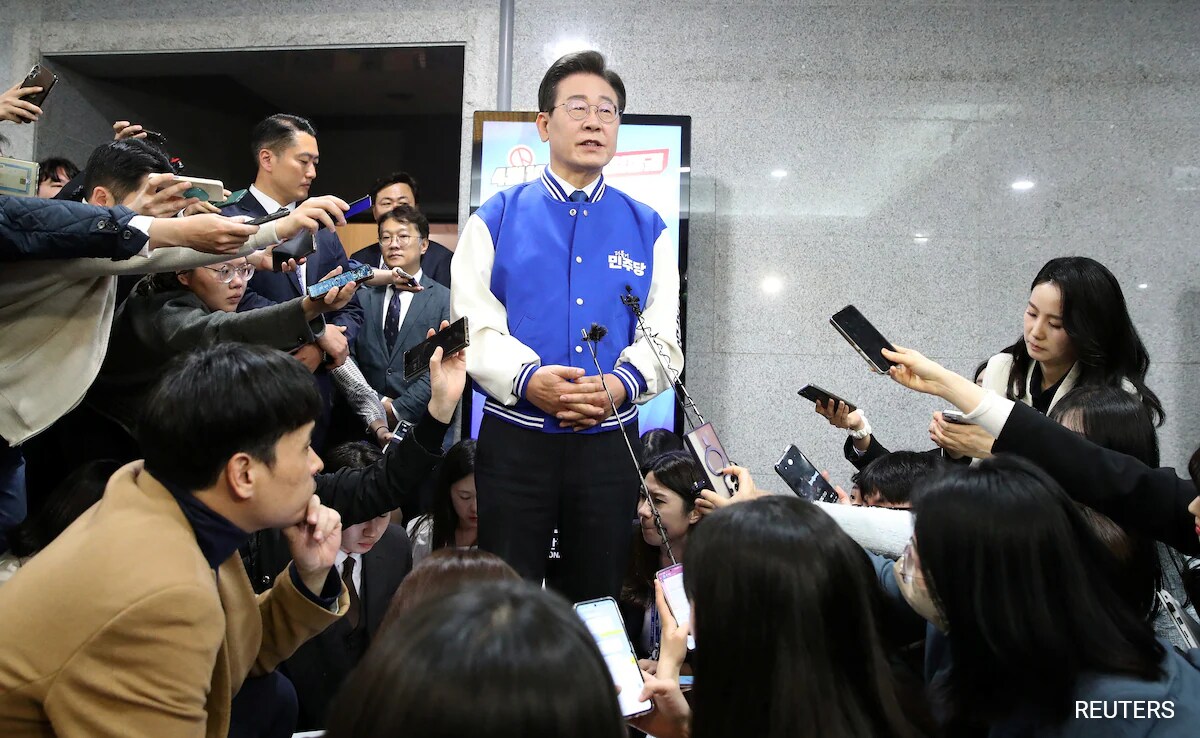
Liberal Democratic Party leader Lee Jae-myung (Source: Reuters)
In South Korea, people gave a majority to the opposition Democratic Party in the National Assembly in what was seen as a check on the ruling People Power Party.
Where Ruling Parties Returned
Elsewhere, incumbent parties held on to power but in some countries, voters gave them significant setbacks to a show of democracies' power.
Russia
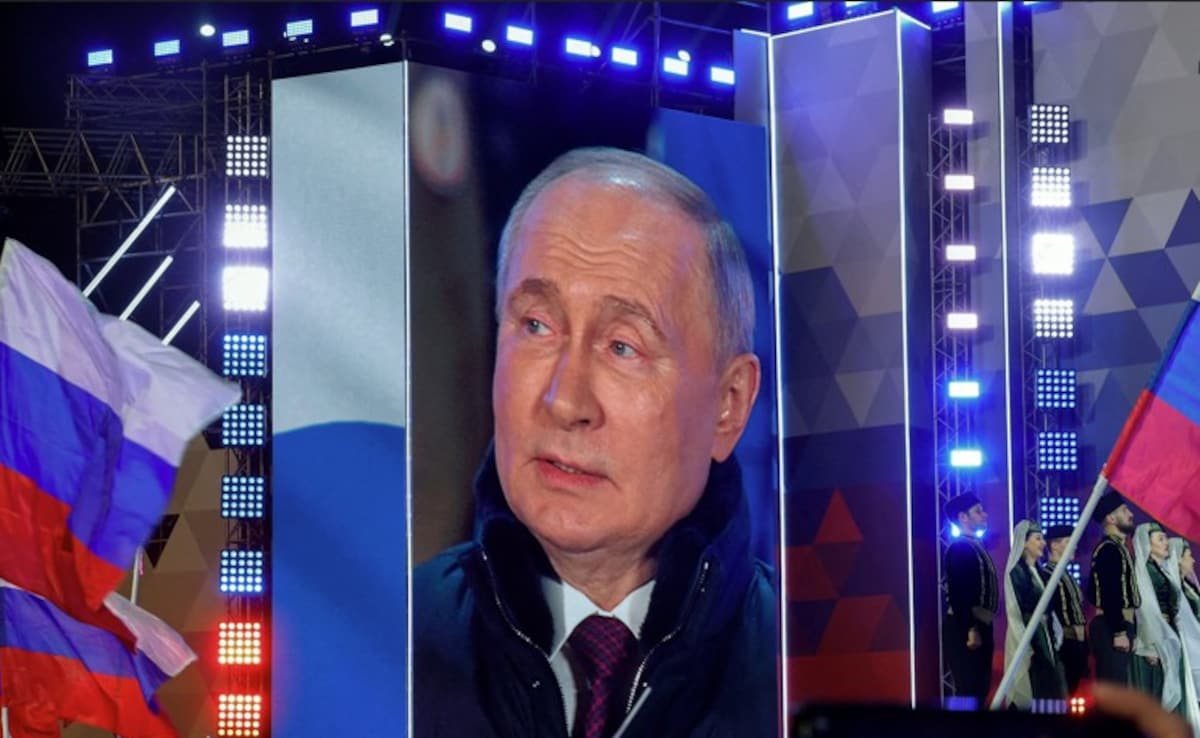
Russian incumbent President Vladimir Putin was declared the winner of the presidential election (Source: Reuters)
President Vladimir Putin won a record post-Soviet landslide in Russia's election, cementing his already tight grip on power in a victory he said showed Moscow had been right to stand up to the West and send its troops into Ukraine. The former KGB lieutenant colonel who first rose to power in 1999, made it clear that the result should send a message to the West that its leaders will have to reckon with an emboldened Russia, whether in war or peace, for many more years to come.
India

Prime Minister Narendra Modi's Bharatiya Janata Party won a third term, but its majority shrunk (Source: Reuters)
India witnessed the largest election in history, with a multi-stage polling process featuring over 1 million voting stations, from remote corners of the Himalayas to far-flung forests deep in Nagaland. Prime Minister Narendra Modi and his Bharatiya Janata Party won a third term, but their majority shrunk and were forced into a coalition government.
Japan
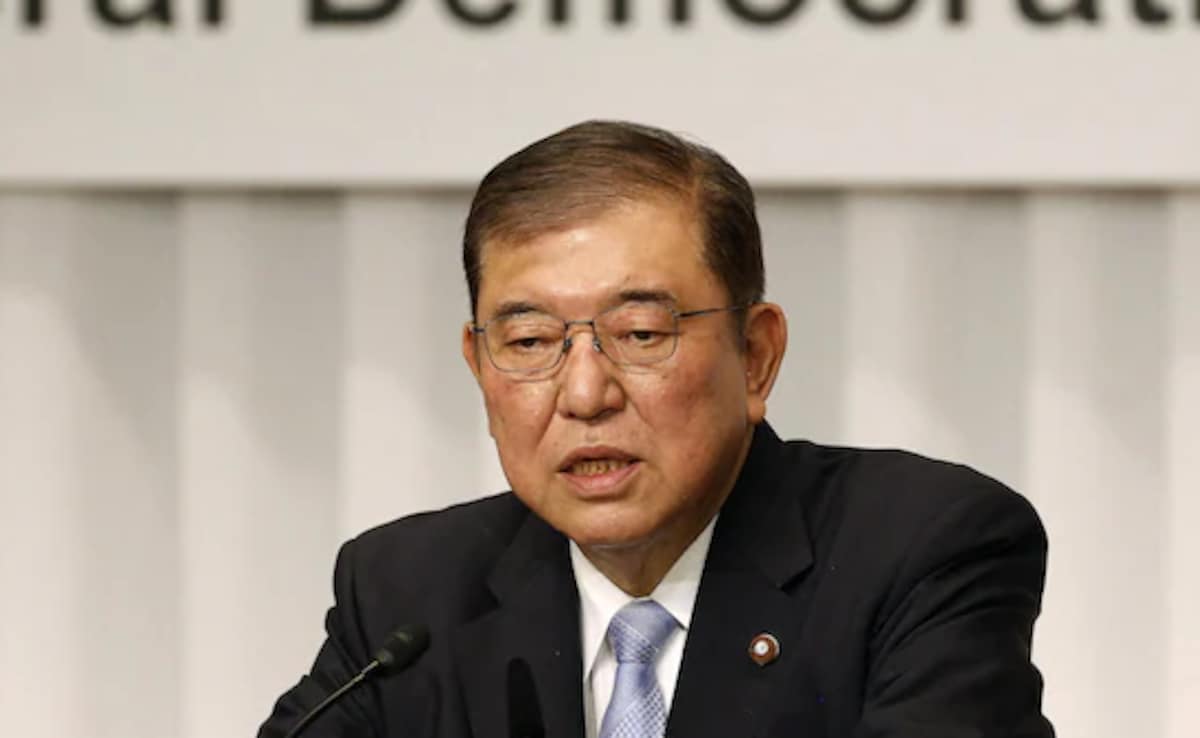
Shigeru Ishiba's Liberal Democratic Party (LDP) has ruled Japan for almost all of its post-war history (Source: Reuters)
In Japan, Prime Minister Shigeru Ishiba's ruling coalition lost its parliamentary majority in the national election, raising uncertainty over the makeup of the next government and the outlook for the world's fourth-largest economy. Liberal Democratic Party (LDP), which has ruled Japan for almost all of its post-war history, and junior coalition partner Komeito took 215 seats in the lower house of parliament. That was down from the 279 seats they held previously and marked the coalition's worst election result since it briefly lost power in 2009.
France
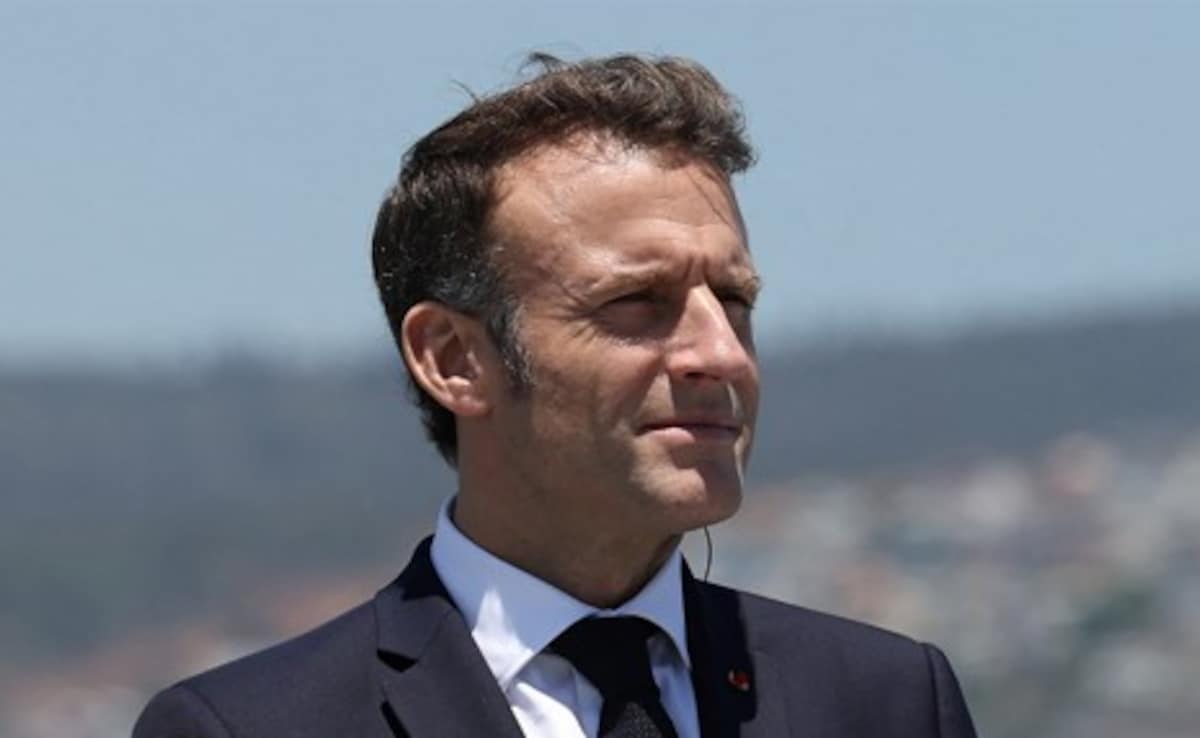
President Emmanuel Macron's called for snap elections in summer (Source: Reuters)
In France, President Emmanuel Macron's decision to hold snap elections in the summer backfired, with his centrist Ensemble alliance losing ground to both the left-wing New Popular Front and the right-wing National Rally.
Histories Created
Histories were also created in countries like Mexico, Namibia and North Macedonia, where voters, for the first time, elected women leaders to guide nations.
Mexico
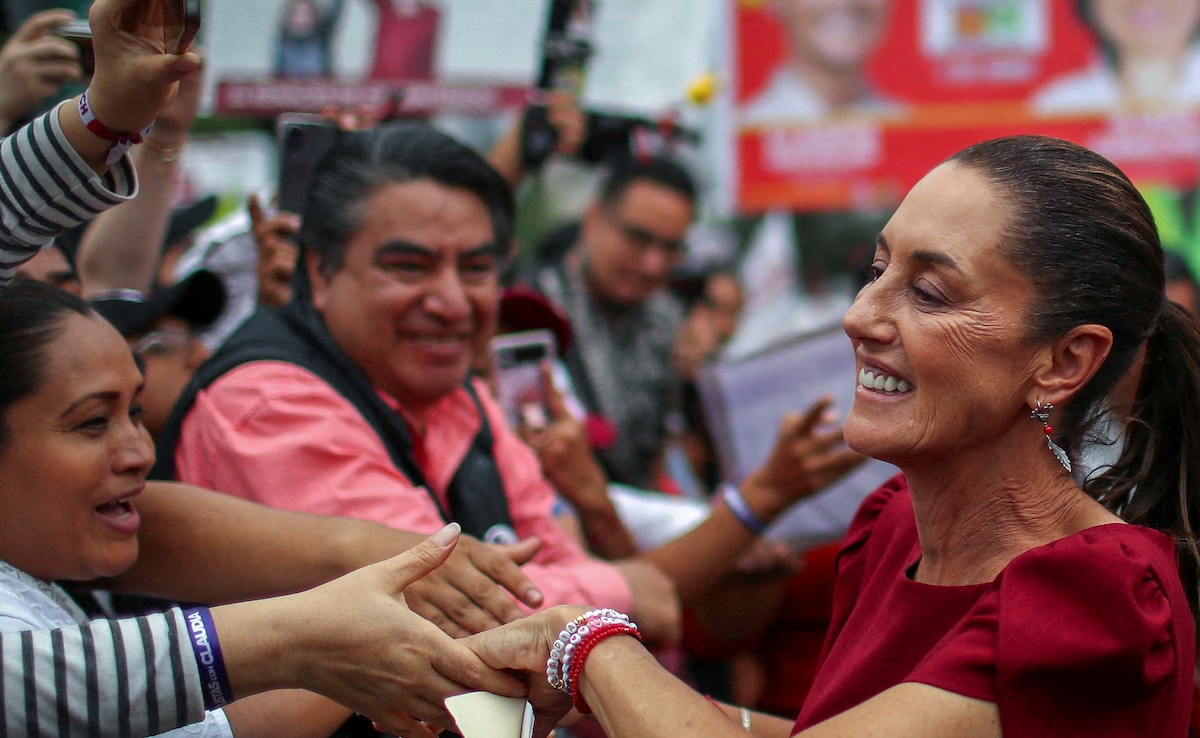
Mexicans voted in Claudia Sheinbaum, the first woman ever to run the country (Source: Reuters)
Claudia Sheinbaum, a climate scientist and former mayor of Mexico City, won a landslide victory to become Mexico's first female president, inheriting the project of her mentor and outgoing leader Andres Manuel Lopez Obrador whose popularity among the poor helped drive her triumph. Ms Sheinbaum won the presidency with between 58.3 per cent and 60.7 per cent of the vote, the highest vote percentage in Mexico's democratic history.
Namibia

Nandi-Ndaitwah, a SWAPO stalwart, will be among the few women leaders on the continent (Source: Reuters)
Namibia also elected its first female President, with Netumbo Nandi-Ndaitwah declared the winner of this year's disputed elections. Defying predictions of a runoff election, Ms Nandi-Ndaitwah, the current Vice President of the Southern African country, won with 57 per cent of the vote. She will, however, take oath next year in March.
Allegations Of Unfair Practices
Simply holding an election does not mean the process was free or fair, and in several countries, the Opposition accused ruling parties of poll manipulations.
Bangladesh

Elections in Bangladesh were boycotted by the country's main opposition party (Source: Reuters)
In Bangladesh, Prime Minister Sheikh Hasina won the fourth consecutive term in January, though the election was boycotted by the country's main opposition party over allegations of crackdowns on political dissent. However, Ms Hasina had to resign and flee the country in August after hundreds of people were killed in her iron-fisted crackdown on demonstrations that began as protests against job quotas and swelled into a movement demanding her ouster.
Pakistan
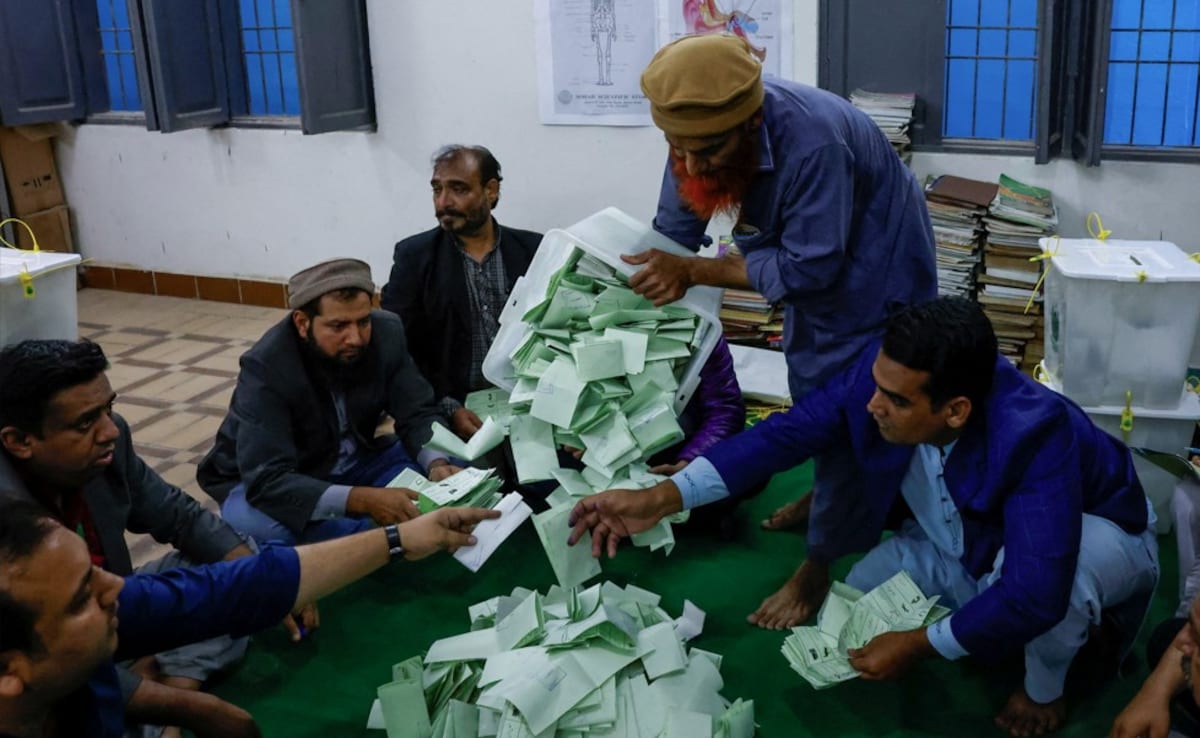
In Pakistan, independent candidates backed by jailed former prime minister Imran Khan out-performed those from rival parties (Source: Reuters)
In Pakistan, former Prime Minister Imran Khan was kept in jail, while his party was suppressed and his supporters arrested in the run-up to February's election. Mr Khan's Pakistan Tehreek-e-Insaf (PTI) was even barred from the polls, resulting in party candidates contesting polls as independents.
Despite allegations of poll rigging, independents, most of whom were backed by, PTI out-performed those from Nawaz Sharif-led Pakistan Muslim League-Nawaz party (PML-N), winning 101 parliamentary seats. However, PML-N has received the support of the Pakistan Peoples Party (PPP) led by former foreign minister Bilawal Bhutto-Zardari to form a coalition government.








